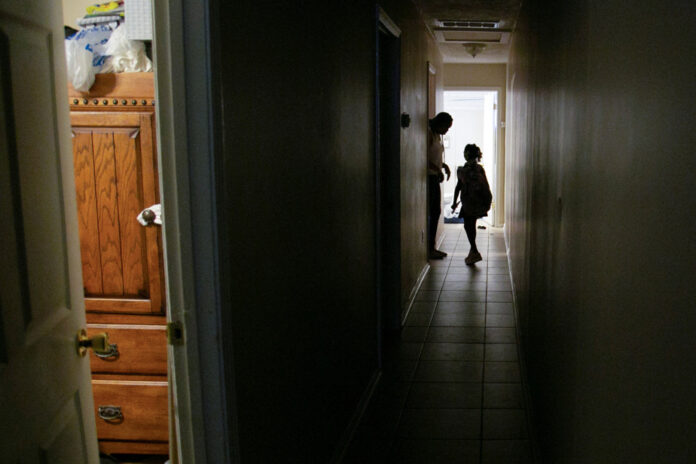Faced with the inequalities suffered by young people placed and ex-placed by the DPJ, the Partners for the well-being of young people placed and ex-placed by the DPJ have decided to defend their interests and make them heard.
The recent publication of an evaluation framework which will make it possible to measure the state of progress in the implementation of the recommendations of the Special Commission on the Rights of Children and the Protection of Youth (CSDEPJ) is to be applauded, d as much as it is the fruit of a voluntary grouping. This list of actions to be taken gives us the opportunity to review what the government has done so far, but also to see all that remains to be done to improve the living conditions and development of young people in care. and ex-placed.
Thus, we must welcome certain legislative changes that came into force on April 26. We should welcome the obligation to develop, with the young person, a plan for transition to autonomy, or even the obligation of the DYP to inform young people of their right to remain in a foster family after the age of 18. We must also highlight the expansion of the Youth Qualification Program (PQJ) and the deployment of Aires Ouvertes in Quebec.
Despite these advances, we remain concerned about the concrete application of the amendments to the Youth Protection Act. To our knowledge, the participation of community organizations devoted to young people in transition has not been solicited to properly plan these measures towards autonomy. Several young people still tell us that they were “put out on the street” when they came of age. We are also concerned about the real accessibility of programs for 18-25 year olds, developed strictly by the Ministry of Health and Social Services when the needs are multidimensional. An integrated response to the needs of young people is required and it is clear that the solution must be interministerial, but above all intersectoral.
The National Council of Advocates for Youth in Care (Canada), which in 2021 released the report Fair Standards of Transition to Adulthood for Youth in Care, agrees.
Added to this are the results of research, still gloomy, on the living conditions of young people in care, on the under-education of young people leaving care, on their precarious mental health and on the number of young people who live on homelessness or significant residential instability, hindering their functioning and their integration into society.
As a result of these unfortunate observations, the Laurent commission will have attached great importance to the well-being of young people, to their living conditions, to the humanization of rehabilitation approaches and to the stabilization of children’s situations, and this, as soon as possible.
As for the current progress of the other parts of the commission’s report, one thing is clear: already more than two years have passed since its tabling and the flagship recommendation to appoint a Commissioner for the Welfare and Rights of Children n has still not been implemented. However, this measure is essential to respect the rights of children and young people and to ensure their full participation in society. They so deserve it.


















